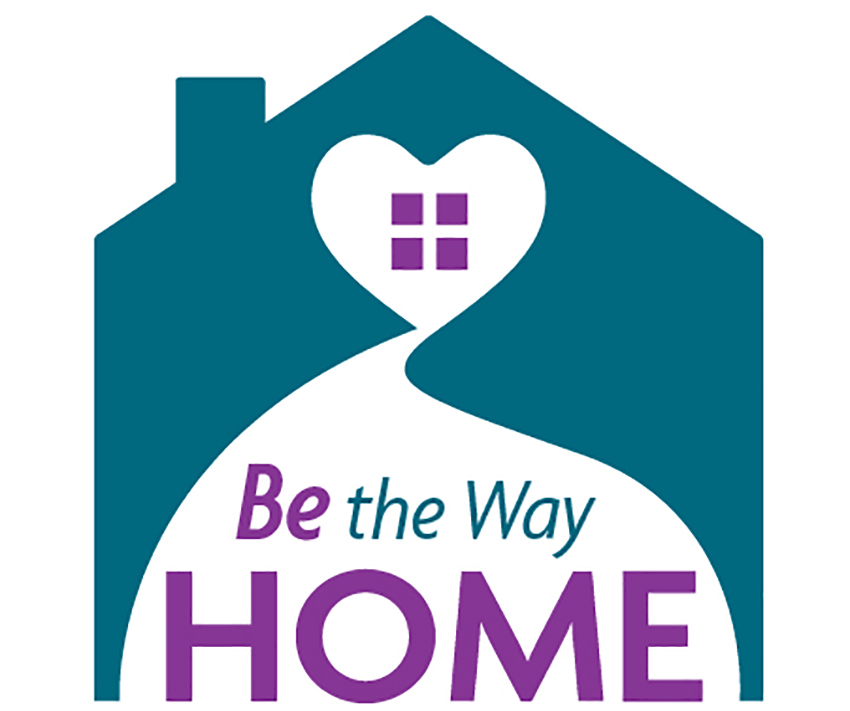Financial
Non-Needy Child-Only TANF
The main source of financial support for kinship caregivers who are not licensed is non-needy, child-only TANF. This type of TANF is not based on income, and kinship caregivers are usually eligible. Read more about the program on the DSHS website.
You can apply for TANF in person at a Community Services Office or online.
Our partners at the Department of Social and Health Services Aging and Long Term Supports Administration developed three videos that walk kinship caregivers through how to complete an online or paper TANF application. Learn more by reviewing the Caregiver Supports Resource Level Determination guide.
Monthly Foster Care Maintenance Payments
Monthly foster care maintenance payments are available to relatives and close family friends who get licensed. The foster care payments are also much more for caregivers caring for more than one child and provide the greatest amount of ongoing financial assistance.
For more payment information, visit All Families & Caregivers Supports & Resources
Furniture, Clothing, and Other Child-Related Items
- Clothing vouchers are available when a young person has exceptional clothing needs not met through local community resources or the standard clothing allowance in the foster care monthly maintenance payment. Talk with your caseworker if you believe the young person in your care needs a clothing voucher.
- Find information about foster and kinship clothing banks and resources by:
- Contacting a CaRES mentor at alliancecares@uw.edu or reviewing their Guide to Free and Discounts for Foster & Kinship Caregivers.
On-going Support
Alliance CaRES
CaRES helps kinship caregivers understand the licensing process and provides ongoing support through mentorship, trainings, support groups, and events. They can help connect you to your local Kinship Navigator, too. Connect with CaRES for help understanding the complex child welfare and court system, managing challenging behaviors, and partnering with others to support children and youth experiencing foster care.
Kinship Navigator Program
The Kinship Navigator (KN) program is run by the Department of Social and Health Services Aging and Long-Term Support Administration. Navigators are knowledgeable about local resources for kinship caregivers. They can provide referrals and help kinship caregivers navigate different state agencies. Support groups are another feature of the KN program.
- To find a kinship navigator near you, visit the DSHS kinship care website. There you can search for kinship navigators and kinship support programs.
Forms, Guides. and Brochures
Forms Caregivers Complete
- 15-313 Caregivers Report to the Court
- 07-090 Caregiver Monthly Mileage Transportation Reimbursement
- 10-455 Medical Log
Forms Caregivers Receive
Guides
- Kinship Care: Relatives and Suitable Other Placement
- Understanding the Dependency Court Process for Caregivers
- Did You Know? Services and Supports for Grandparents and Relatives (DSHS ALTSA publication)
- Prudent Parenting Guide - caregiver guidelines for supporting normal childhood activities
- Rights of Children and Youth in Foster Care
- Parents’ Rights and Responsibilities
Healthcare
Apple Health Core Connections (AHCC)
Children and youth experiencing foster care are enrolled in Coordinated Care’s Apple Health Core Connections (AHCC) program for Medicaid coverage. Coordinated Care’s goal is to make health care easier. Their healthcare coordinators work with caregivers and caseworkers to access primary care, behavioral health, vision, dental, specialists, durable medical equipment (DME), Home Health, and more.
For care management and other help, email AHCCTeam@coordinatedcarehealth.com, OR
Call the AHCC team at 1-844-354-9876 and dial 2 for help with the following:
- A member ID number
- Finding a provider/specialist
- Issues with a pharmacy
- Care management requests
- Benefit information
- Help with the website
- 24/7 Nurse Advice Line
Wellness Resource Wednesdays
Join CaRES, Coordinated Care, and Harborview Medical Center staff every third Wednesday for the month from 6:30-8 p.m. for Wellness Resource Wednesdays. Learn more by visiting the CaRES website, and scroll down the page until you see “Drop-in Discussions.”
Medically Complex Children
Connect with a CaRES Medically Complex Children Specialist by emailing alliancecares@uw.edu.
Child Care
Child care is available to kinship caregivers if there is not a caregiver at home due to employment or continuing education. Talk with your child’s caseworker to access child care.
To find a child care near you, contact Child Care Aware of Washington for a list of licensed providers that match your needs, which may include locations, hours, rates, or types of care. You can visit the Child Care Aware of Washington website at or call 1-800-446-1114.

